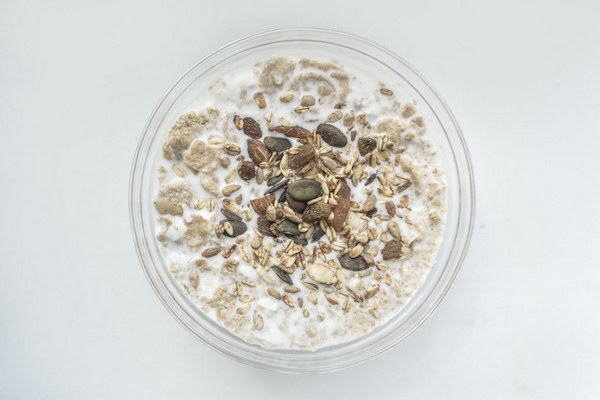Unlocking the Gastric Benefits of Camellia Oil A Journey into Traditional Elixir
In the heart of the Orient, where culinary traditions are steeped in the wisdom of ancient cultures, there lies a golden elixir known as Camellia oil. Often overshadowed by its more famous counterparts, this golden nectar has been cherished for centuries for its myriad health benefits. One of the lesser-known yet remarkable advantages of Camellia oil is its remarkable ability to nurture and nourish the stomach, offering a natural remedy for those seeking to improve their digestive health. This article delves into the world of Camellia oil, exploring its origins, properties, and the science behind its stomach-soothing effects.
The history of Camellia oil dates back to ancient China, where it was revered as a medicinal treasure. Derived from the seeds of the Camellia oleifera tree, this oil has been used for both culinary and therapeutic purposes. Its golden hue and nutty flavor have made it a favorite in traditional Chinese cooking, while its healing properties have earned it a place in ancient medicine.

One of the most notable benefits of Camellia oil is its ability to promote digestive health. This is primarily due to its high content of monounsaturated fatty acids, specifically oleic acid, which has been shown to have a positive impact on the stomach. When consumed, Camellia oil helps to lubricate the digestive tract, making it easier for food to move through the system and reducing the likelihood of discomfort and bloating.
The science behind this lies in the oil's interaction with the stomach's lining. As it passes through the digestive tract, Camellia oil forms a protective layer on the stomach wall, shielding it from the acids and enzymes that can cause irritation. This protective barrier not only reduces the risk of ulcers but also helps to alleviate symptoms of conditions such as gastritis and acid reflux.
Furthermore, Camellia oil is rich in antioxidants, which play a crucial role in protecting the stomach from oxidative stress. This stress can lead to inflammation and damage to the stomach lining, exacerbating digestive issues. By neutralizing free radicals, Camellia oil helps to maintain a healthy stomach environment, reducing the risk of chronic inflammation and related disorders.
Incorporating Camellia oil into one's diet is surprisingly simple. It can be used as a replacement for other oils in cooking, drizzled over salads, or even added to soups and stews. Its versatility makes it an excellent addition to a variety of dishes, from stir-fries to marinades, ensuring that the health benefits are accessible and enjoyable.
While Camellia oil offers numerous digestive benefits, it's important to note that it should not be used as a substitute for professional medical advice or treatment. Those with existing digestive conditions or those who are pregnant should consult with a healthcare provider before incorporating Camellia oil into their diet.
In conclusion, Camellia oil stands as a testament to the power of traditional remedies, offering a natural and effective solution for those seeking to improve their digestive health. Its unique blend of fatty acids, antioxidants, and protective properties make it a valuable addition to any wellness regimen. As we continue to explore the wonders of this golden elixir, it's clear that Camellia oil has a bright future in the realm of natural health and wellness.









